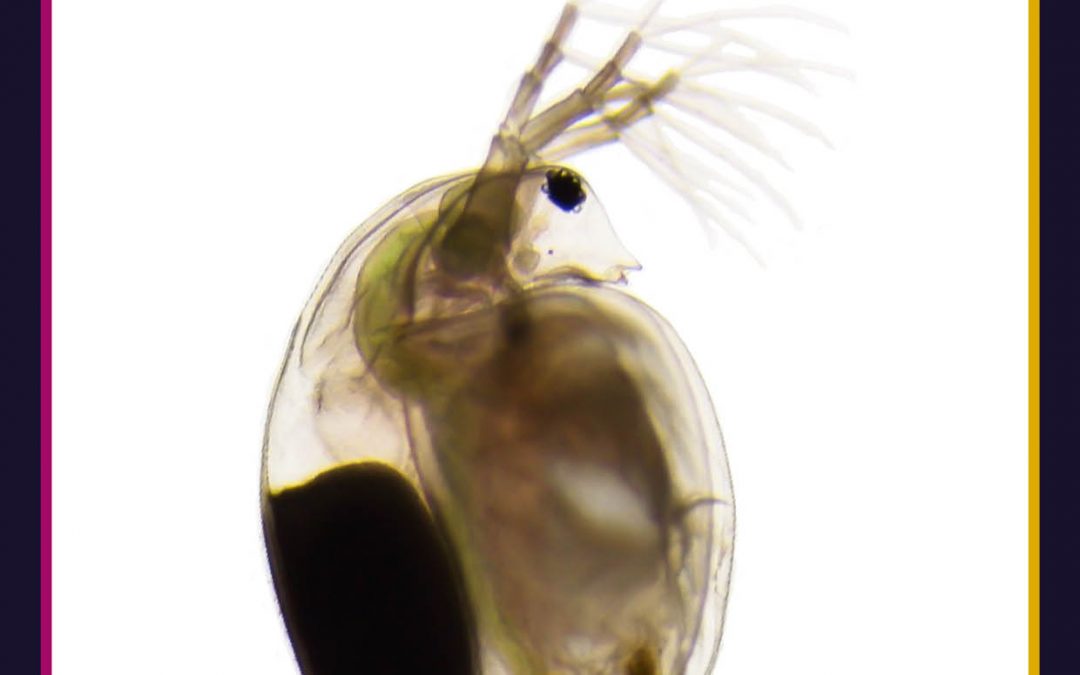
by admin | Jan 19, 2022 | biology, engineering and tech, trending
Water-treatment processes are essential for water reuse in municipal, agricultural and industrial applications. Wastewater treatment ensures our safety and prevents sickness and death from parasites and contaminants every year. However, certain chemical contaminants, such as pharmaceuticals and pesticides, are difficult to remove from water, and can accumulate in the food web, eventually entering our food supply and potentially causing adverse health outcomes. Dr Luisa Orsini [Loo-ee-sah Oar-see-nee] and her colleagues at Daphne Water Solutions Ltd have developed a cutting-edge water-bioremediation technology, which is based on the use of small aquatic invertebrates called water fleas. By removing harmful contaminants from water, the sustainable and eco-friendly technology enables water reuse, while protecting human health and the environment.
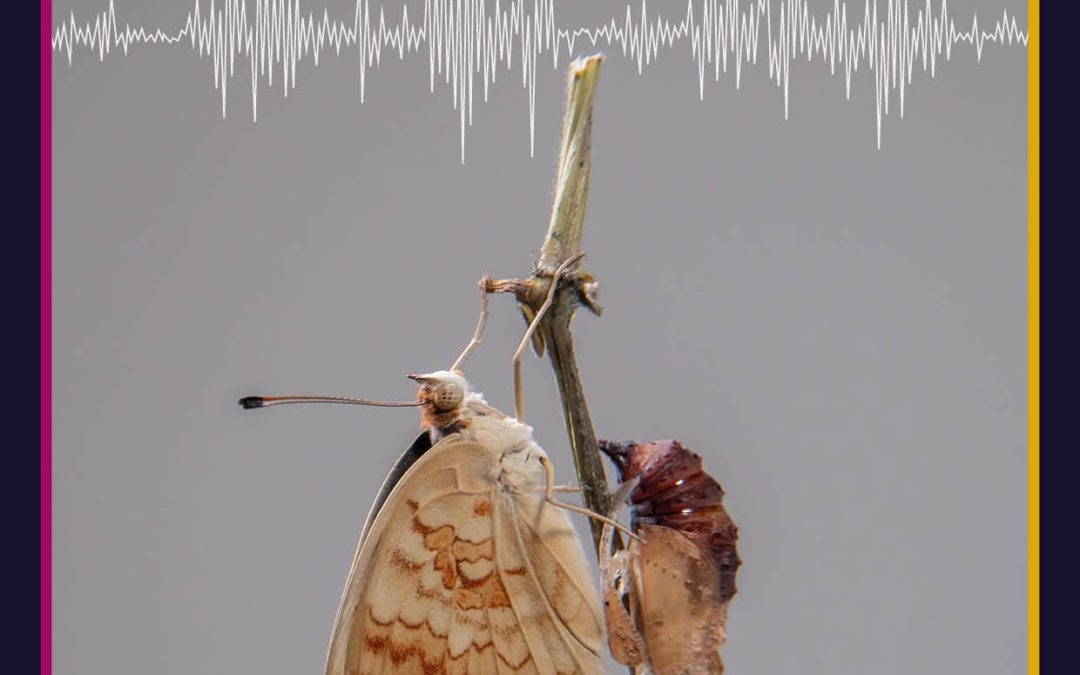
by admin | Jan 12, 2022 | biology, trending
The story of research into juvenile hormone, a fundamental chemical that regulates insect life history, follows the same thread as many other tales of scientific discovery. A series of serendipitous findings and observations led researchers to identify this unique hormone and isolate it from a moth. Additional studies focused on its potential as an insecticide, given that it has diverse effects on various aspects of insect physiology. In a recent review paper, Professor Lynn M Riddiford of the University of Washington details major developments in the history of juvenile hormone research.
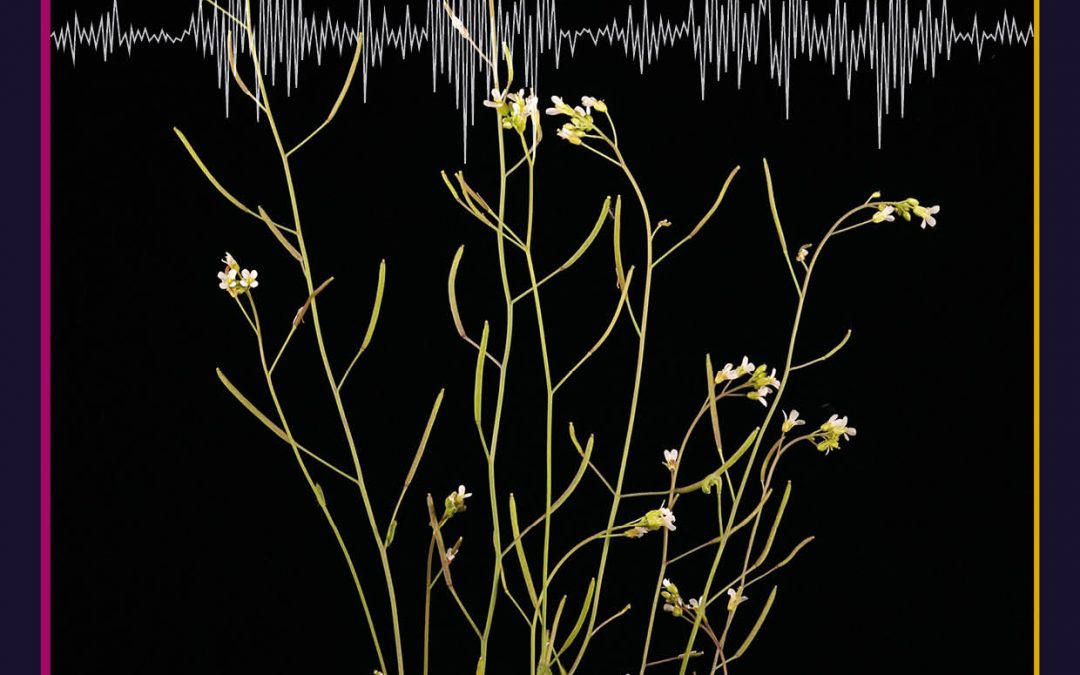
by admin | Dec 16, 2021 | biology
Exploring the Evolution of Plant Chemical Defences – Dr Ella Katz SciPod · Exploring the Evolution of Plant Chemical Defences – Dr Ella Katz Original Article Reference This SciPod is a summary of the paper ‘Genetic variation, environment and demography...
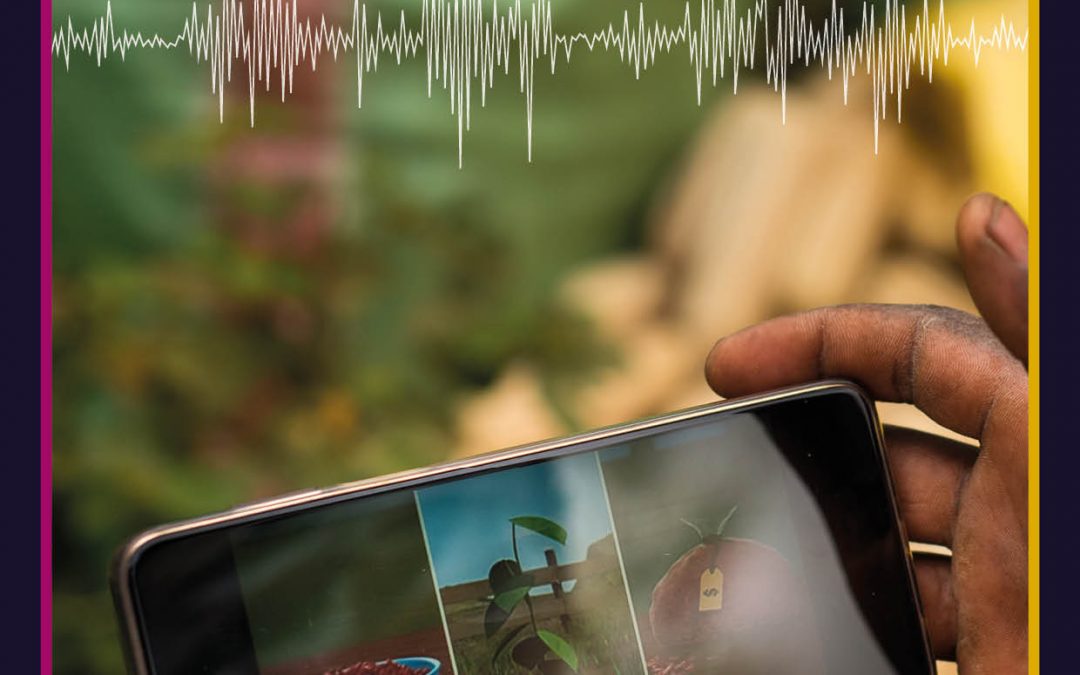
by admin | Dec 8, 2021 | biology, earth and environment, Purdue University, social and behavioural sciences
Animated Educational Videos Promote Learning Among Farmers SciPod · Animated Educational Videos Promote Learning Among Farmers Original Article Reference This SciPod is a summary of the paper:doi.org/10.1080/02681102.2017.1298077 Transcription Original Article About...
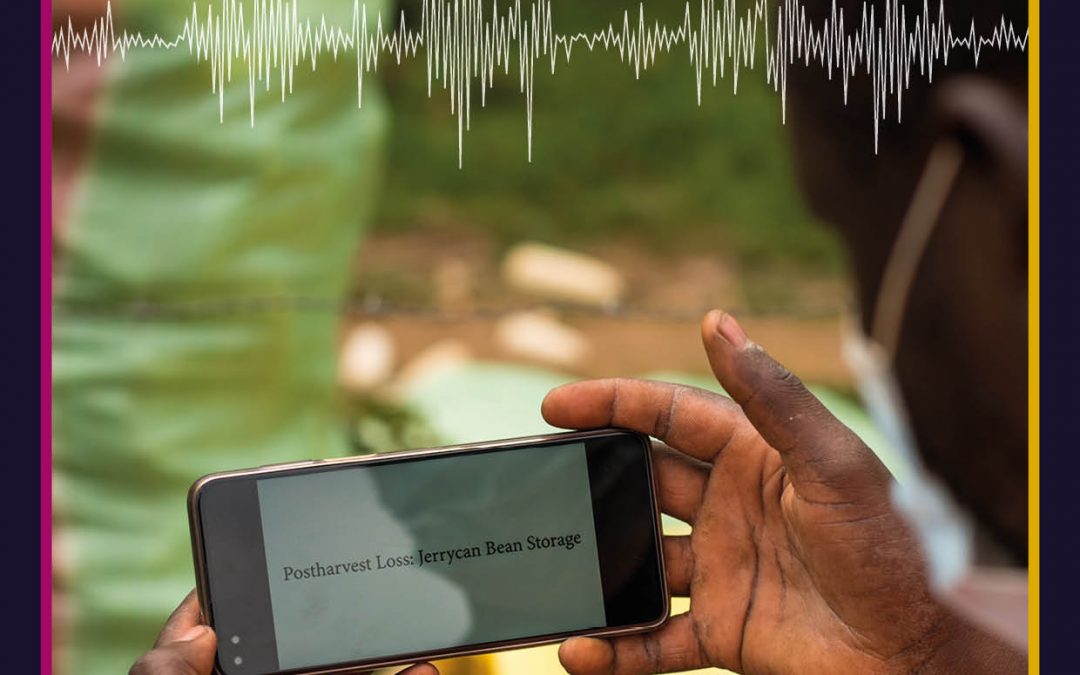
by admin | Nov 29, 2021 | biology, earth and environment, Purdue University, social and behavioural sciences
Providing Effective Pest Management Education Through Animations – Dr Julia Bello-Bravo SciPod · Providing Effective Pest Management Education Through Animations – Dr Julia Bello-Bravo Original Article Reference This SciPod is a summary of the...
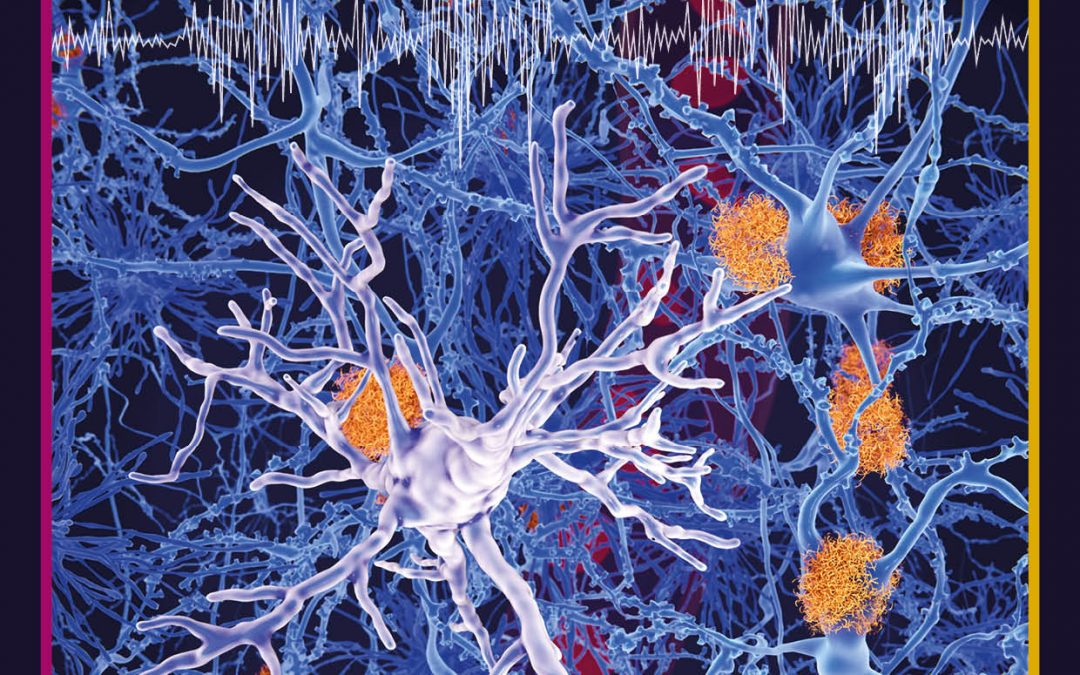
by admin | Nov 25, 2021 | biology, health and medicine, trending
Strategies and Tools for Studying Microglial-Mediated Synapse Elimination and Refinement SciPod · Strategies And Tools For Studying Microglial – Mediated Synapse Elimination And Refinement Original Article Reference This SciPod is a summary of the paper...






